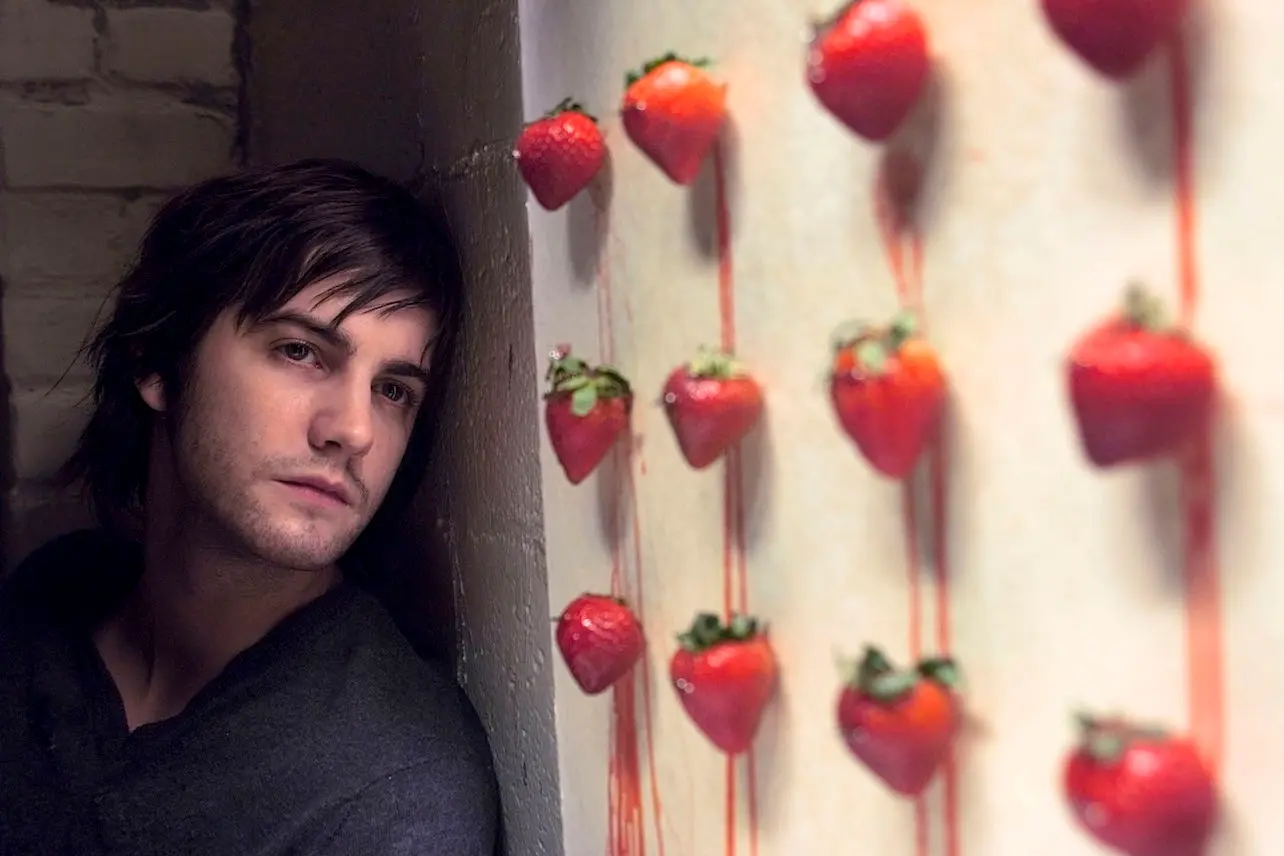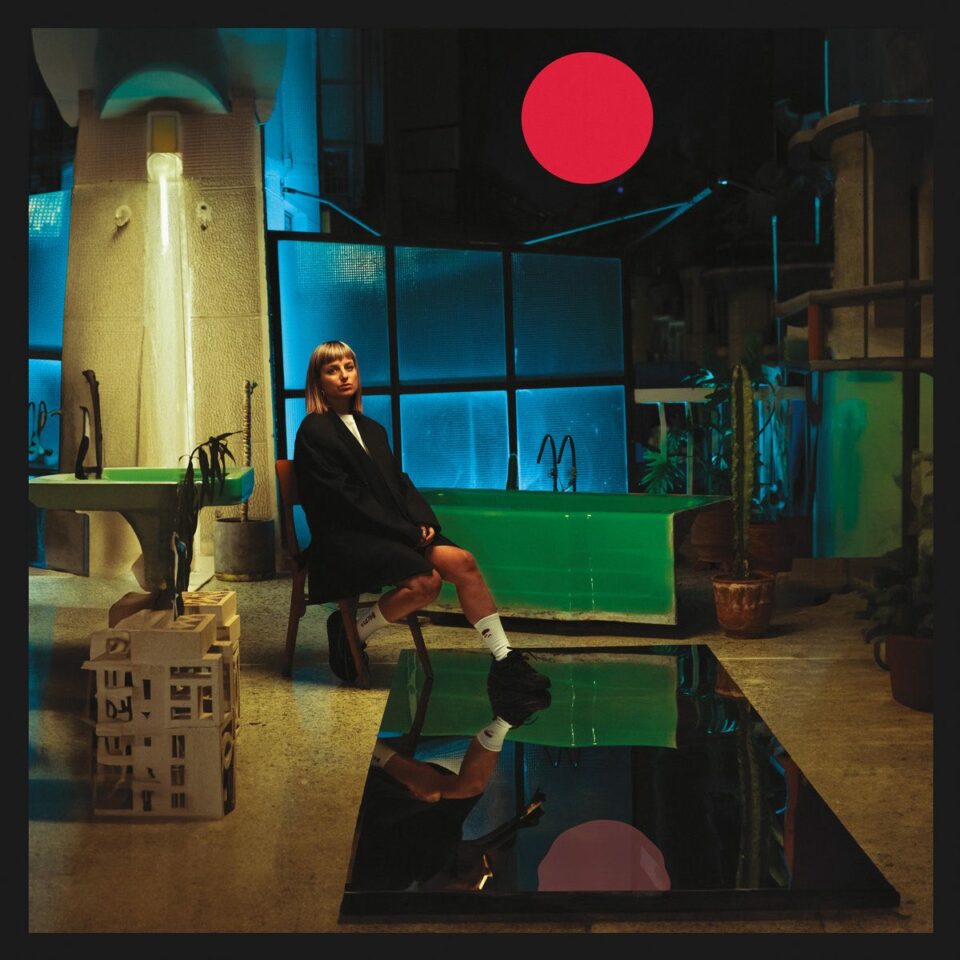Welcome to Rearview Mirror, a monthly movie column in which I re-view and then re-review a movie I have already seen under the new (and improved?) critical lens of 2022. I’m so happy you’re here.
The release of The Beatles’ 1 album in 2000 ushered in Beatlemania 2.0, or 3.0, or possibly 5.5—it’s hard to keep track. Not that they were ever out of the zeitgeist, but you don’t necessarily think a band that only existed for 10 years and stopped existing decades ago would serve as the inspiration for a Broadway musical (Lennon, 2005) and then a Cirque du Soleil show (Love, 2006, and its accompanying album).
And since not everyone could make it to Broadway or Vegas—and because the teens have money, too—Julie Taymor, the woman who brought The Lion King to the stage, conceived of a psychedelic-ish ’60s-set love story that would unfold the sounds of the Fab Four on film. It was supposed to come out in 2006 but finally made it to theaters in 2007 (Taymor and the studio clashed over the final cut, a theme that would be revisited in her next venture, but more on that in a sec). All the artsy girls in my liberal bubble (San Francisco) loved it. I did not. And upon re-watching it for the first time since it was in theaters, I was so relieved to realize that younger me was neither some stuck-up bitch going against the grain for the sake of it, nor was she uncultured swine unable to appreciate a little experimentation. Across the Universe is boring! It’s so dull! I nearly turned it off, but I didn’t because I am truly committed to this little column!
The story is a cliché parade: Jude’s a poor British artist looking for love and community; Lucy’s an innocent suburban high schooler whose first love is killed in ’Nam. The moment we meet them, we are immediately waiting for them to sing “Hey Jude” and “Lucy in the Sky with Diamonds,” but we don’t get the former ’til the second-to-last scene of the movie, and the latter is literally dropped over the credits. The script sets up this super-obvious reference for basically no pay-off.
The songs are not reinterpreted the way you might have hoped. In fact, they’re not even interpreted. They are given thuddingly literal choreography.
But the ham-fistedness doesn’t end there. Prudence’s friends sing “Dear Prudence” to her; Jim Sturgess warbles out “Strawberry Fields Forever” while looking at an original artwork he made with a bunch of strawberries. The songs are not reinterpreted the way you might have hoped. In fact, they’re not even interpreted. They are given thuddingly literal choreography. “I get high with a little help from my friends,” the boys of Princeton sing while they mime getting high. “I Want to Hold Your Hand” becomes the mournful and plaintive longing of a closeted lesbian cheerleader.
And all this would be fine, perhaps, if the movie just stuck with the love story. The Beatles wrote a lot of love songs, after all. But once Jude and Lucy fall for each other, the story drags greater themes, kicking and screaming, into the mix. War! Protest! Civil rights! An unnamed young Black boy sings “Let It Be” while Detroit burns, then we watch a man get shot by a cop, then we cut to the boy’s funeral, then we’re in New York with the hip cats and the, oh no, yeah, they brought an Uncle Sam poster to life to sing “I Want You (She’s So Heavy)” because, you know, the famous catchphrase?
That’s the level of nuance we’re dealing with here. Any song Taymor can’t find a 1:1 match for in the plot, she pawns off to an in-universe performance (“Why Don’t We Do It in the Road”), or gives to a character on drugs or mentally ill so the lyrics don’t have to make obvious sense (“Come Together,” anything from Sgt. Pepper). The POC characters are particularly underwritten, and you get the sense they’d rather not be dragged into this—pardon my language—white nonsense. Like when Bono shows up and gets a whole, like, performance and arc, but they make Salma Hayek (Salma! Hayek!) writhe around in a slutty nurse costume as a veteran’s heroin hallucination. Drugs = weird lenses and funky color filters, hardly a visual innovation. The famous Cafe Wha?, a Greenwich Village hot spot that at this point is sort of a tourist trap for boomers, is rebranded as Cafe Huh? Which is a great question.
Even the most anti-war activist will admit that going into the army is a complicated experience, but Taymor reduces this to a scene in which draftees (in their underwear) carry a giant Lady Liberty through the jungle while singing “I Want You (She’s So Heavy)”—and did I mention that not a single costume has a speck of dirt on it? I get that she’s going for a Moulin Rouge! thing here, but that was a campy story set to pop with plenty of humor. This is a dead-serious, slightly pretentious retelling of a very important historical chapter set to the music of arguably the greatest band of all time. With dialogue like “Music is the only thing that makes sense anymore, man. Play it loud enough, keeps the demons at bay,” the bag was very much fumbled.
Any song Taymor can’t find a 1:1 match for in the plot, she pawns off to an in-universe performance, or gives to a character on drugs or mentally ill so the lyrics don’t have to make obvious sense.
What Taymor excels at is spectacle, and there are certain numbers that are genuinely gorgeous. Sturgess and Evan Rachel Wood, who plays Lucy, have lovely voices and decent chemistry. Divorced from the yawn-inducing plot, I’d buy this as a string of music videos, trippy enough to be fun but clear enough that you don’t actually have to be high to like them, though I’m sure that would help. The dancing actually works for the screen, which is a very hard trick to pull off. Visually, in moments, the movie is beautiful. You can see why she and Bono thought it might be fun to re-team to bring Spidey to Broadway. Perhaps unsurprisingly, Taymor clashed with the producers of Turn Off the Dark. But at least that debacle was original!
Paul McCartney apparently liked Across the Universe, and I hate to disagree with Macca about his own art. But for my time and money, any Beatles fan is better off watching the India scene in Walk Hard. FL









